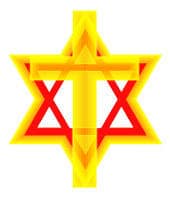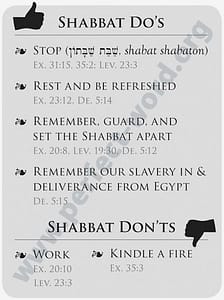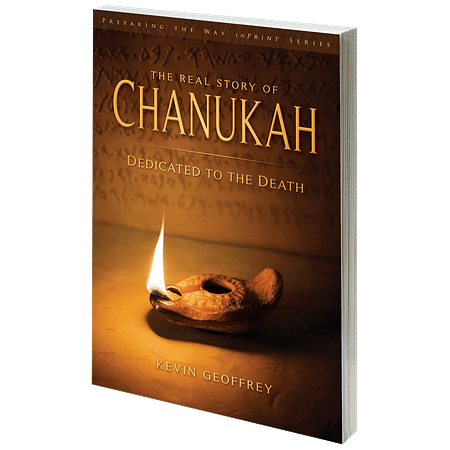 I grew up keeping Passover as one of the few holidays that my family observed. Every Spring, out came the fancy china, the matzah ball soup, the brisket, the gefilte fish, the charoset, the afikomen, the bar mitzvah yarmulkes, Elijah’s chair, the seder plate and its elements, and, of course, the Haggadah. My grandparents and aunt and uncle from across town would be there, and usually my other grandparents, great aunt, and aunt from Brooklyn would drive in as well. I remember that during these family get-togethers our home was always very loud with activity, which carried over into the seder. My dad would lead the seder, anxious to get to the bo-re p’riy hagafen, and my little sister would read the four questions—an honor coveted by her big brother. Of course, the “telling” was punctuated with my mother silently, but noticeably excusing herself to check on the progress of the food. This would begin a small exodus from the table consisting of my Aunt Mady and Grandma Berger.
I grew up keeping Passover as one of the few holidays that my family observed. Every Spring, out came the fancy china, the matzah ball soup, the brisket, the gefilte fish, the charoset, the afikomen, the bar mitzvah yarmulkes, Elijah’s chair, the seder plate and its elements, and, of course, the Haggadah. My grandparents and aunt and uncle from across town would be there, and usually my other grandparents, great aunt, and aunt from Brooklyn would drive in as well. I remember that during these family get-togethers our home was always very loud with activity, which carried over into the seder. My dad would lead the seder, anxious to get to the bo-re p’riy hagafen, and my little sister would read the four questions—an honor coveted by her big brother. Of course, the “telling” was punctuated with my mother silently, but noticeably excusing herself to check on the progress of the food. This would begin a small exodus from the table consisting of my Aunt Mady and Grandma Berger.
Since the days of my youth, I have attended many different seders, both in homes and large groups. Some time after I became a believer in Yeshua, I learned of the Messianic Passover Haggadah from Lederer Publications, and Passover finally began to have meaning for me. My heritage as a Jew became reinforced in a way that had not happened during my youth. Needless to say, I greatly appreciated the Messianic Passover Haggadah, and rejoice in the many others that Messianic Jews all over the world continue to develop to this day. Read more

 Shalom Kevin. I have been raised as a Gentile Christian my whole life, but within the last year or so, I have been experiencing an ever-increasing draw towards the Messianic Jewish community. The Gentile Churches make me want to vomit and mourn; as they are straying farther and farther from Yeshua. My whole family is beginning to look at me strangely as my heart wants to forsake this thing called “Christianity,” and I long to embrace and understand the culture and ways of God from the Hebrew- and Jewish-Roots. I am very attracted to the Messianic Community, though I have not yet visited a congregation. I am a Christian who is crying out for help, and I want to disconnect from my paganistic Christian upbringing and come until full maturity in Moshiac by embracing our Jewish roots. Any guidance, info, or words of wisdom would be appreciated.
Shalom Kevin. I have been raised as a Gentile Christian my whole life, but within the last year or so, I have been experiencing an ever-increasing draw towards the Messianic Jewish community. The Gentile Churches make me want to vomit and mourn; as they are straying farther and farther from Yeshua. My whole family is beginning to look at me strangely as my heart wants to forsake this thing called “Christianity,” and I long to embrace and understand the culture and ways of God from the Hebrew- and Jewish-Roots. I am very attracted to the Messianic Community, though I have not yet visited a congregation. I am a Christian who is crying out for help, and I want to disconnect from my paganistic Christian upbringing and come until full maturity in Moshiac by embracing our Jewish roots. Any guidance, info, or words of wisdom would be appreciated. 



